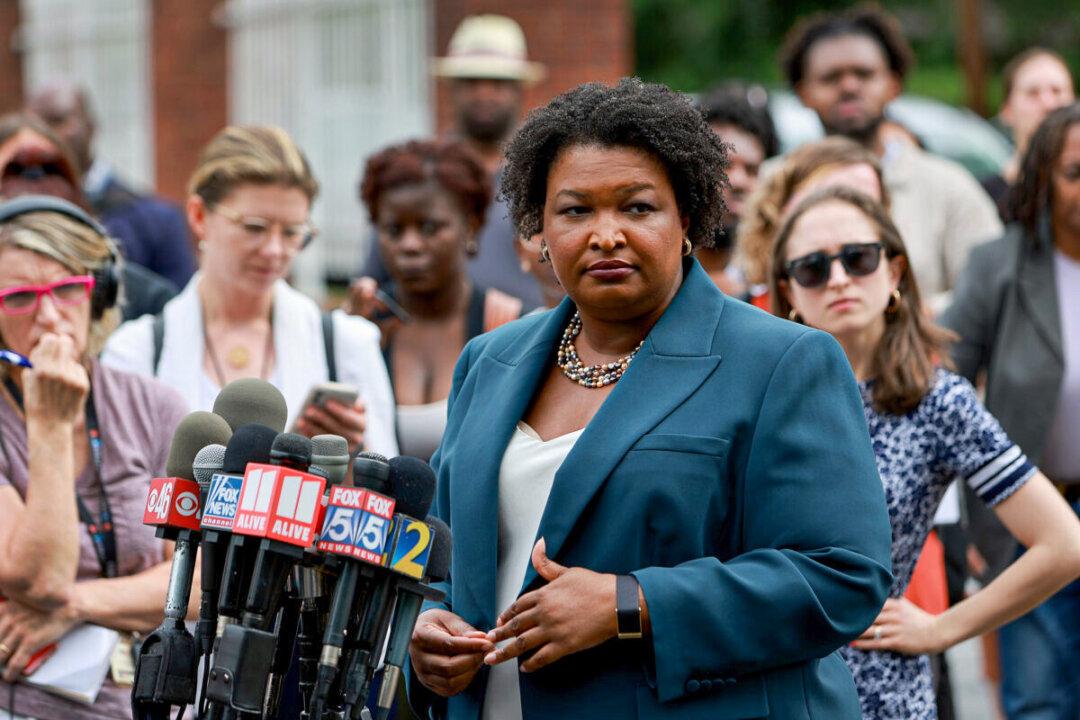With their party primaries behind them, Democrat Stacey Abrams and incumbent Republican Gov. Brian Kemp can now focus on each other as their grudge rematch for Georgia governor intensifies.
The governor’s general election features a rematch of the 2018 election, in which Kemp narrowly defeated Abrams by about 1.5 percentage points. Current polling shows a tight race, with Kemp holding a small lead over Abrams.





